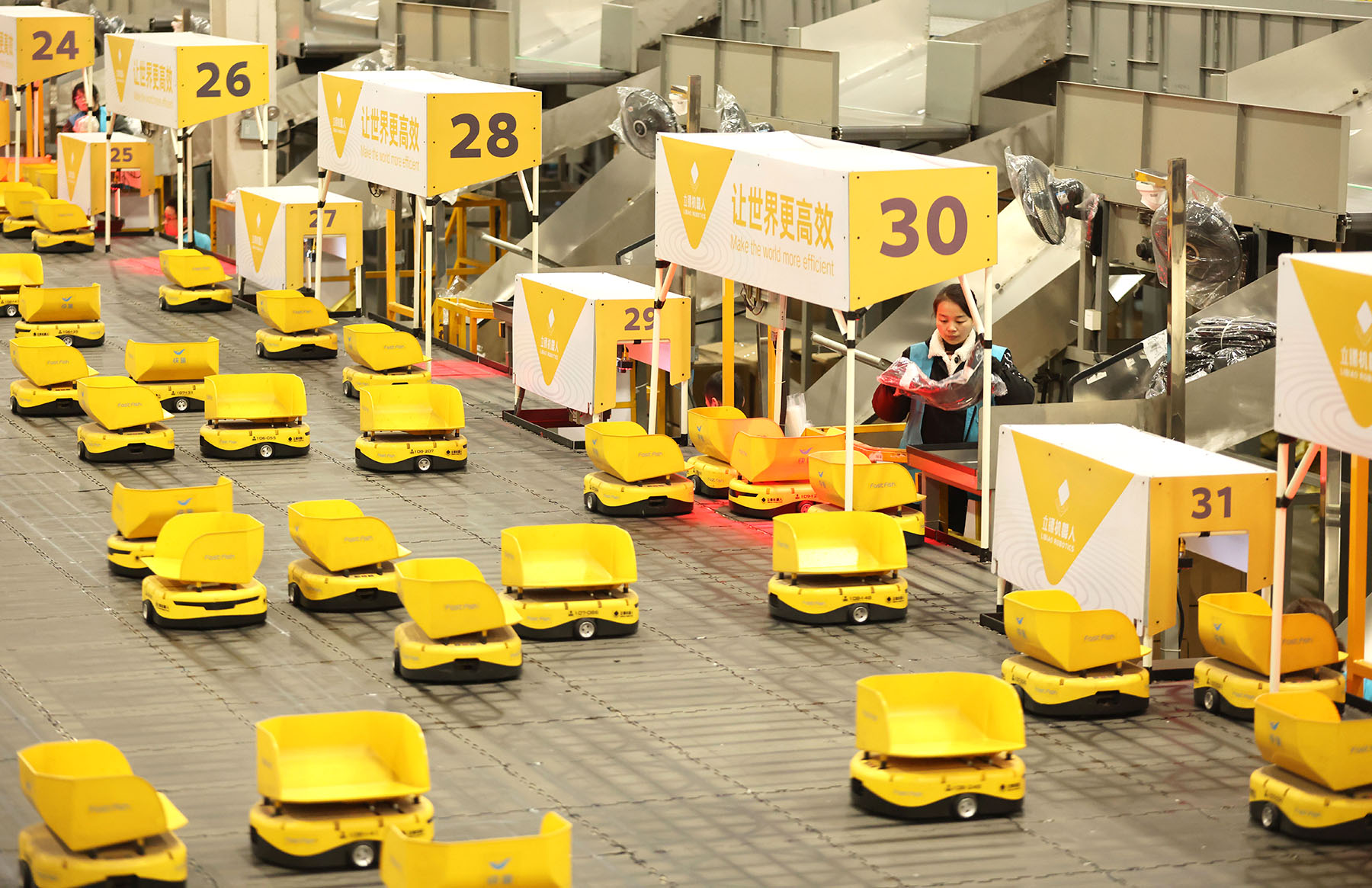
Chinese companies are accelerating the adoption of generative artificial intelligence, as the cutting-edge disruptive technology presents a significant opportunity for enterprises to boost operational efficiency, remain competitive and navigate the complex business landscape, according to a new report released by global consultancy Accenture.
The report said that 87 percent of the surveyed Chinese companies plan to ramp up AI investment in 2025 — a year of rapid change — while 58 percent of the interviewed business executives in China feel that their enterprises' AI development is proceeding faster than initially expected.
READ MORE: DeepSeek rocks US tech industry
Chinese enterprises' current investment in generative AI is mainly concentrated on core technology infrastructure and data, such as AI platforms, cloud and data management, and talent and skills development, Accenture said in the report.
The top three reasons for higher investment in generative AI that Chinese company executives cited are capitalizing on advances in the technology, maintaining business competitiveness and increasing confidence in managing associated business risks, according to the report.
The top three areas in which the surveyed companies plan to implement generative AI in 2025 are information technology, engineering and manufacturing, and research and development, the report added. Chinese executives' primary focus for investment in generative AI is creating new AI-powered products or services.
Generative AI refers to computer algorithms trained with huge amounts of data capable of generating content such as images, text, audio and video in a human-like fashion. It is the key technology underpinning United States-based research company OpenAI's ChatGPT.
The report also found that in China, 77 percent of employees believe their roles will be affected by generative AI. About 85 percent of the interviewed Chinese employees are currently using generative AI-based tools in their work, with 63 percent leveraging these tools for more than a year, and their main purpose is for data analysis.
Nearly 60 percent of surveyed business leaders in China said they expect their generative AI solutions to be adopted on a large scale within their organizations this year, a 32-percentage-point increase over 2024.
The research surveyed 790 company executives and 687 employees in 22 industries across the Asia-Pacific region.
Yu Yi, technology lead at Accenture China, said that as companies strive to stay ahead and adapt to fast-changing markets, they are increasingly turning to state-of-the-art AI technology to fuel their innovation efforts, adding that the proportion of Chinese companies stepping up investment and boosting the application of AI is rising dramatically.
He noted that Chinese enterprises have sped up digital transformation in their globalization push, with more generative AI technologies having been adopted amid enterprises' efforts to expand their footprint in overseas markets.
Data from market research company CCID Consulting showed that China's AI industry will make big strides in the next 10 to 15 years, with its market scale reaching 1.73 trillion yuan ($237.4 billion) by 2035, accounting for 30.6 percent of the world's total.
Industry insiders estimated that China's generative AI will make technological breakthroughs and accelerate its integration with a wider range of fields in 2025.
The recent launch of DeepSeek-R1, an open-source and cost-effective AI model developed by Chinese startup DeepSeek, has captured worldwide attention and sent shockwaves through the tech industry.
ALSO READ: Robots take giant leap from stiff to smooth
The performance of DeepSeek's latest model is on par with leading models from tech heavyweights such as OpenAI in tasks like mathematics, coding and natural language reasoning, but at only a fraction of the cost and computing power of its rivals amid tightened export controls on AI chips from the US.
Pan Helin, a member of the Expert Committee for Information and Communication Economy, which is part of the Ministry of Industry and Information Technology, said the meteoric rise of DeepSeek has not only demonstrated Chinese companies' growing independent innovation capacities in the fast-developing AI sector, but also promoted the evolution of the global AI ecosystem in an open and inclusive direction.
CITIC Securities said in a research note that despite the constraints of advanced chips, homegrown AI models have made significant technological progress based on low costs, high performance and opensource features, which will bolster the development of the domestic AI industry and drive the application of AI technology in a more diverse range of fields.


